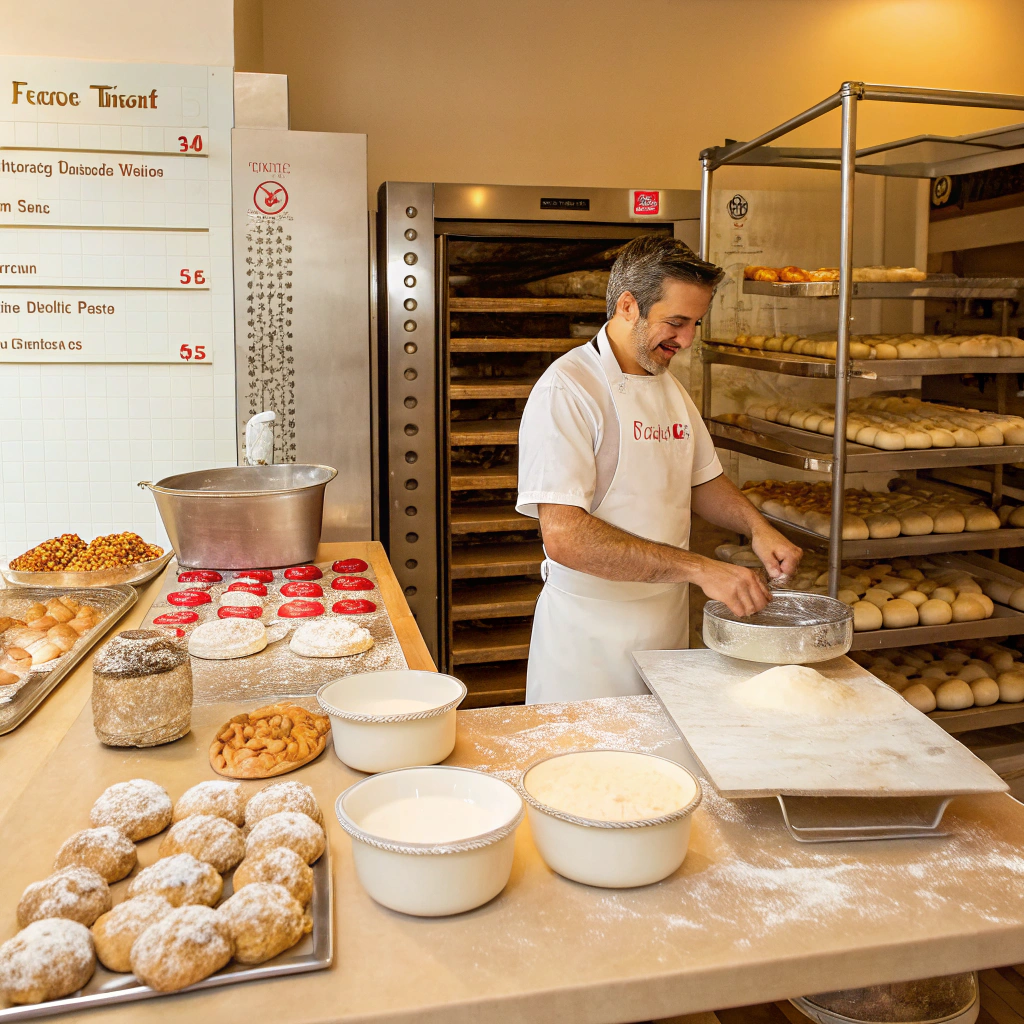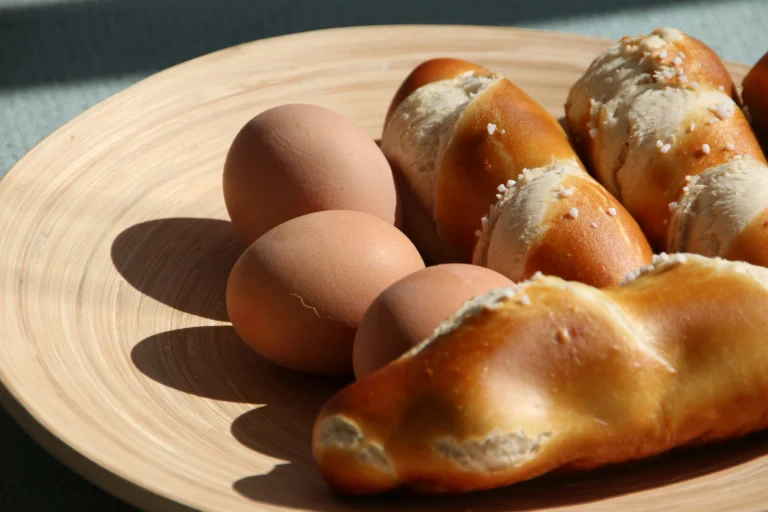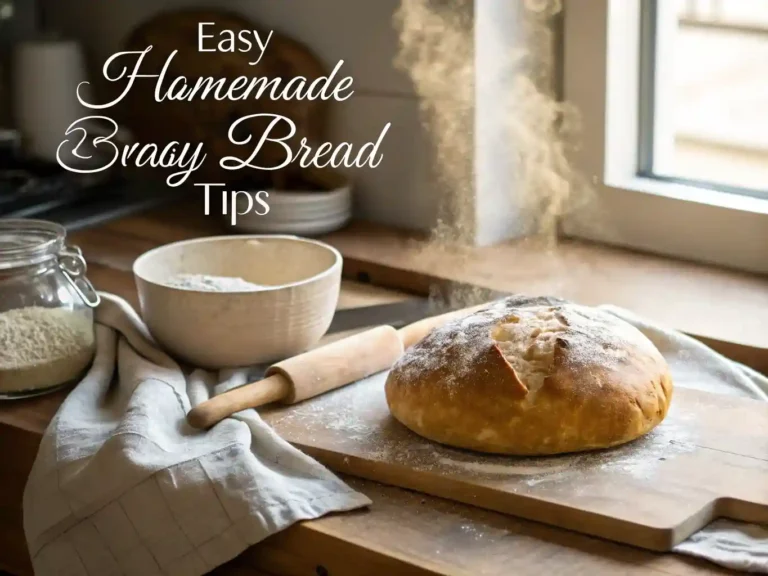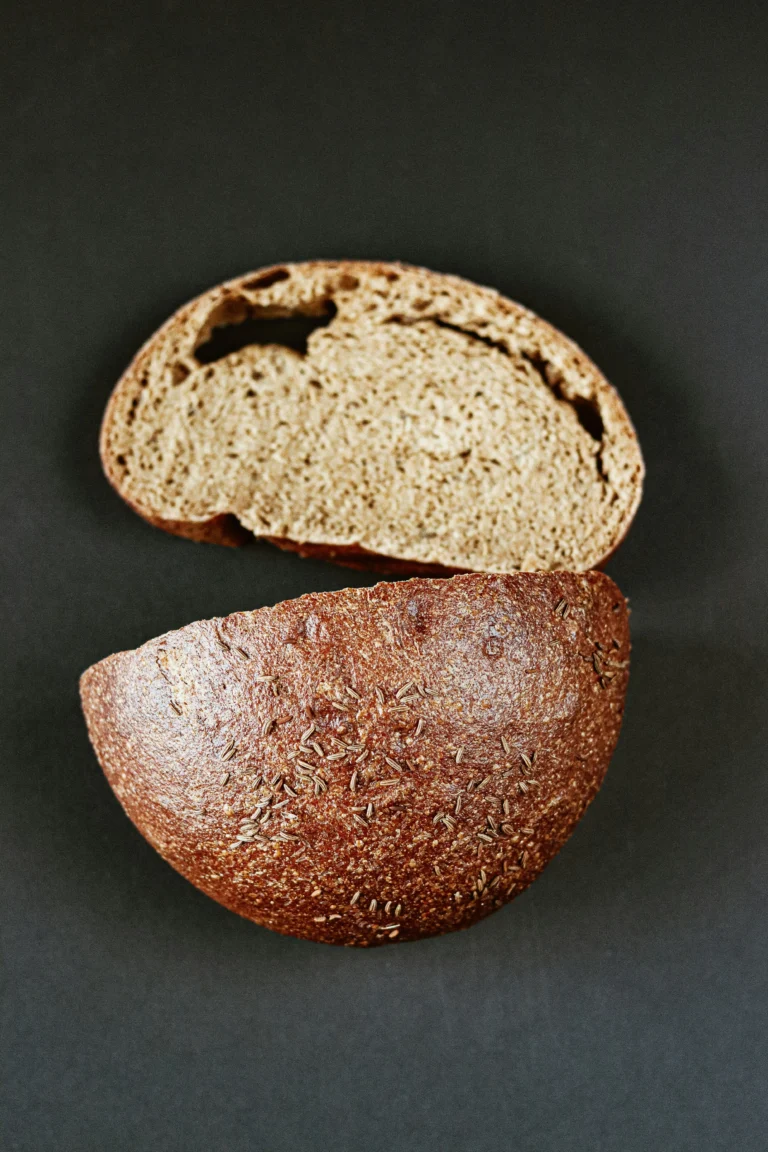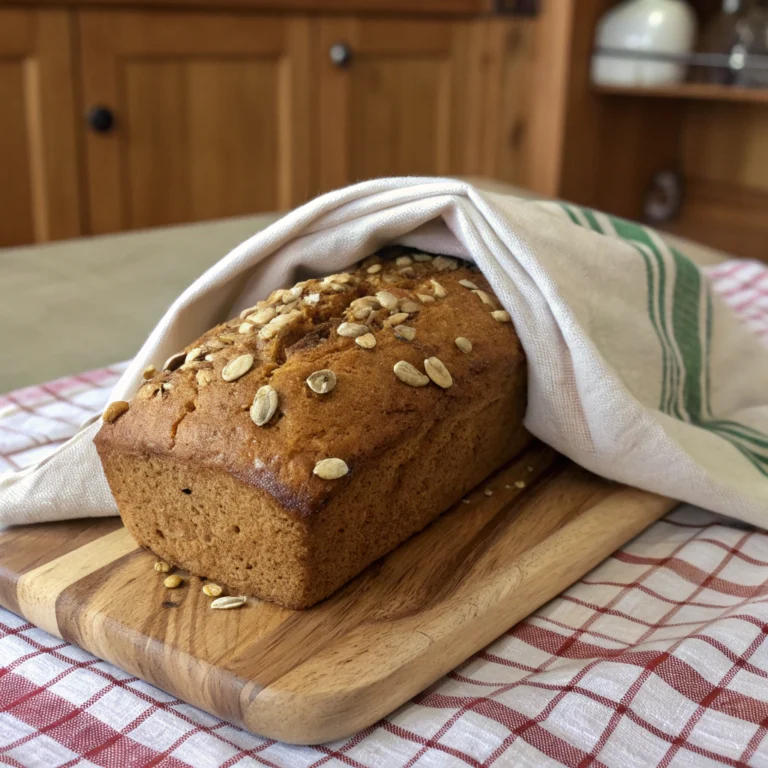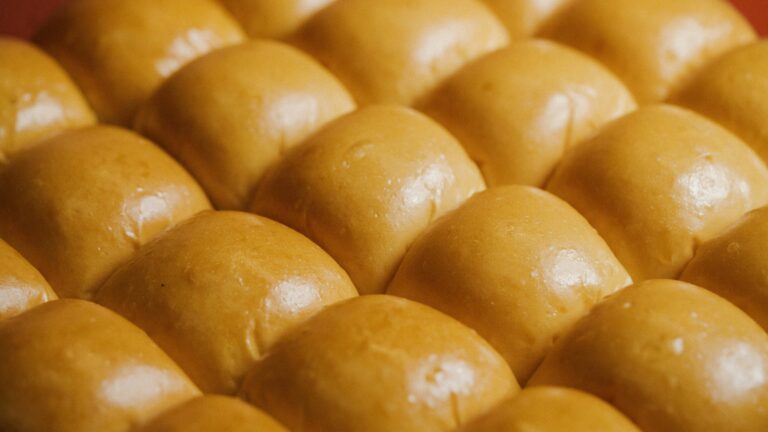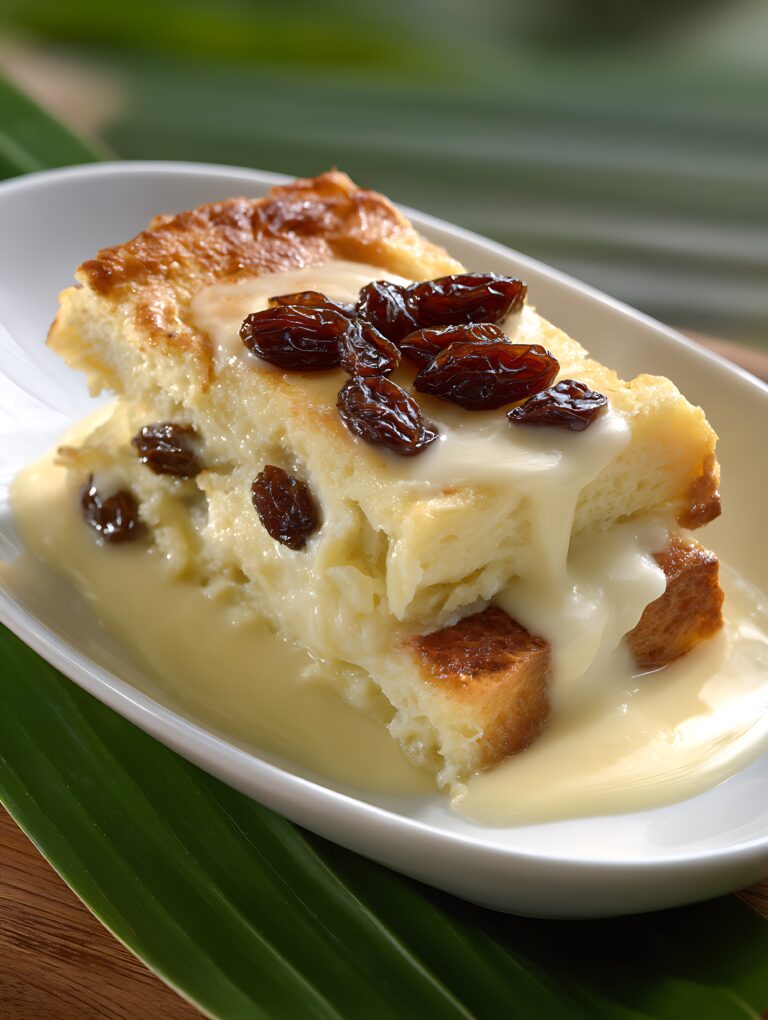Momo Bakery: 7 Steps to Craft Perfectly Delicious Treats!
There’s something special about biting into a freshly baked treat that’s both delicious and made with love. For many of us, the joy of baking lies not just in following a recipe, but in creating something that brings happiness to others. As someone who’s spent years perfecting their baking skills, I’m excited to share with you the 7 essential steps to crafting perfectly delicious treats, just like Momo Bakery.
Thank you for reading this post, don't forget to subscribe!Momo Bakery: 7 Steps to Craft Perfectly Delicious Treats
A few months ago, I stumbled upon Momo Bakery, and it completely changed the way I approach baking at home. Their simple and inspiring baking guides gave me the confidence to start trying new recipes. With their easy baking steps, I was able to create some truly delicious treats—even as a beginner! Every weekend , I now find myself excited to bake something new, thanks to the joy and guidance Momo Bakery brings into my kitchen. If you’re looking to elevate your baking skills, these 7 steps are the perfect place to start.
momo bakery
Whether you’re a seasoned baker or just starting out, these steps will guide you through mastering the perfect dough consistency, troubleshooting common problems, and elevating your baking game. By the end of this journey, you’ll be equipped with the knowledge and skills to create mouth-watering treats that will impress anyone.
Table of Contents
The Magic Behind Momo Bakery Treats
As a baking enthusiast, I’ve always been fascinated by the magic that makes Momo Bakery treats stand out. The unique blend of traditional techniques and modern twists is what sets them apart in the world of baking.
What Makes Momo Bakery Special
Momo Bakery’s success lies in its master baking secrets, which include a commitment to quality ingredients and precise techniques. Their approach to baking is both an art and a science, making each treat a masterpiece. Here are some key factors that contribute to their success:
- Use of high-quality ingredients
- Attention to detail in every step of the baking process
- Innovative flavor combinations that surprise and delight
My Journey with Momo-Style Baking
My journey into Momo-style baking began with easy baking steps that quickly evolved into more complex techniques. By following baking guides and practicing regularly, I’ve been able to master some of Momo Bakery’s signature treats. The key is patience and a willingness to experiment with new flavors and techniques.
Some of the most rewarding experiences include:
- Perfecting the dough consistency for various pastries
- Experimenting with new flavor infusions that enhance the treats
- Mastering decorative techniques to make each treat visually appealing
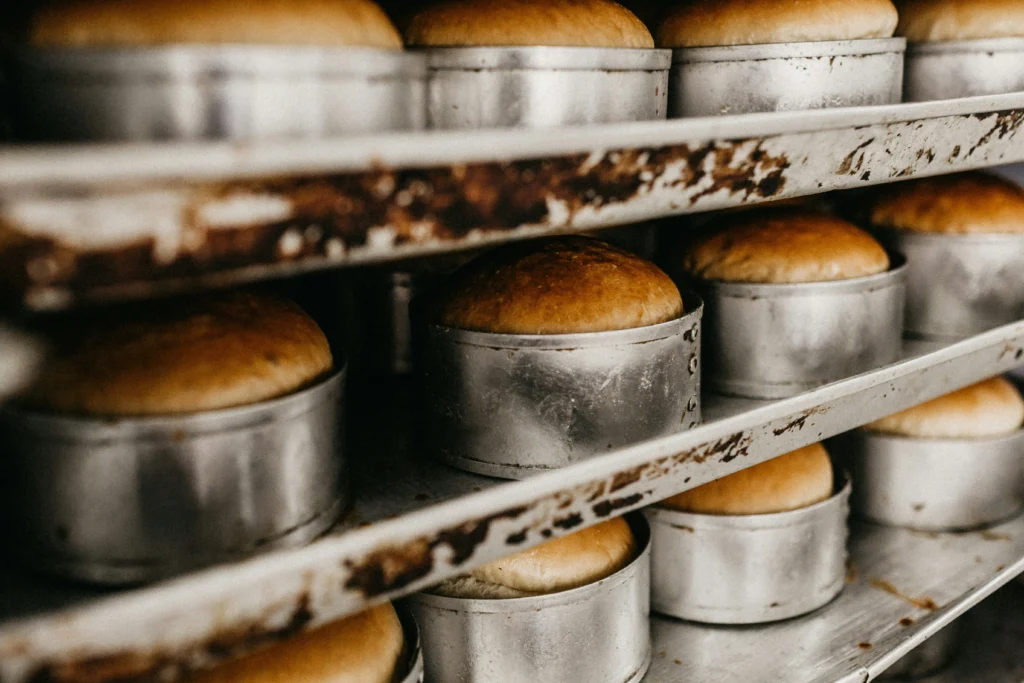
Essential Tools and Ingredients for Momo Bakery Success
As a baker, I’ve learned that the key to creating delicious Momo Bakery-style treats lies in the tools and ingredients you use. To help you achieve success in your baking endeavors, I’ll outline the must-have equipment and high-quality ingredients that make a difference.
Must-Have Baking Equipment
Having the right baking equipment is essential for producing high-quality treats. Let’s break down the basic tools every baker needs and explore some specialty equipment for advanced techniques.
Basic Tools Every Baker Needs
Every baker should have a set of fundamental tools, including a digital scale, mixing bowls, measuring cups, and a whisk. These essential tools will help you measure ingredients accurately and mix your batter to the right consistency.
Specialty Equipment for Advanced Techniques
For more complex recipes, you’ll need specialty equipment like a stand mixer, pastry blender, or a bench scraper. These tools will help you refine your baking techniques and achieve professional results.
Quality Ingredients That Make a Difference
The quality of your ingredients directly impacts the taste and texture of your baked goods. Let’s examine the importance of using fresh, premium components and discuss ingredient substitutions when needed.
The Importance of Fresh, Premium Components
Using fresh and premium ingredients ensures that your baked goods are not only delicious but also visually appealing. High-quality ingredients like real butter, pure vanilla extract, and fresh eggs make a significant difference in the final product.

Ingredient Substitutions in a Pinch
Sometimes, you may need to substitute ingredients due to dietary restrictions or availability. For example, you can replace eggs with applesauce or use almond milk instead of regular milk. Here’s a table summarizing some common ingredient substitutions:
| Original Ingredient | Substitution |
| Eggs | Applesauce, mashed banana, or flaxseed |
| Milk | Almond milk, soy milk, or coconut milk |
| Butter | Coconut oil or vegan butter |
Step 1: Mastering the Perfect Dough Consistency
Achieving the ideal dough texture is fundamental to elevating your baking recipes. To create delicious homemade desserts, it’s crucial to understand the intricacies of dough consistency.
The Science of Flour-to-Liquid Ratios
The ratio of flour to liquid is a critical factor in determining the texture of your dough. Too much flour can lead to a dense, dry final product, while too much liquid can result in a soggy or overly sticky dough.
Measuring Techniques for Accuracy
To achieve the perfect ratio, accurate measuring is essential. I recommend using a digital scale to measure ingredients by weight rather than volume, as this method is more precise. Using a scale ensures that your measurements are consistent, which is key to achieving reliable results in your baking.
Adjusting for Humidity and Climate
Humidity and climate can significantly affect your dough’s consistency. In humid environments, you may need to adjust your recipe by adding more flour, while in dry climates, you might need to add a bit more liquid. Understanding your environment is crucial to making these adjustments.
Kneading Techniques for Optimal Texture
Kneading is another vital step in developing your dough’s texture. The method you choose—whether hand kneading or using a machine—can significantly impact the final product.
Hand Kneading vs. Machine Methods
Hand kneading allows for a more tactile connection with the dough, enabling you to feel its texture and adjust your technique accordingly. On the other hand, machine kneading is faster and can produce consistent results with less effort. Both methods have their advantages, and the choice between them depends on your personal preference and the specific recipe.
Recognizing When Dough Is Ready
Knowing when your dough has reached the optimal consistency is crucial. A well-kneaded dough should be smooth, elastic, and slightly firm to the touch. Checking the dough’s texture regularly during the kneading process will help you achieve the perfect consistency.
Step 2: The Art of Flavor Infusion in Momo Bakery Creations
To create truly unforgettable baked goods, you need to understand the art of flavor infusion. Flavor infusion is a crucial element that can elevate your Momo Bakery creations from good to exceptional. It’s about creating a harmonious balance of flavors that delight the palate.
Balancing Sweet and Savory Elements
Achieving a balance between sweet and savory elements is vital in creating complex and interesting flavors. For instance, adding a pinch of salt to your sweet treats can enhance the overall flavor profile. Experimenting with different combinations will help you find the perfect balance for your Momo Bakery creations.
Using Extracts and Essences Effectively
Extracts and essences can add depth and variety to your baked goods. Understanding how to use them effectively is key to creating unique flavors. Let’s dive deeper into the types of flavorings you can use.
Natural vs. Artificial Flavorings
When it comes to flavorings, you have the option of using natural or artificial ingredients. Natural flavorings, derived from real ingredients, offer a more authentic taste, while artificial flavorings can provide consistency and a longer shelf life. The choice between the two depends on your preference and the type of treat you’re making.
Layering Flavors for Complexity
Layering flavors is a technique used to create complex and engaging taste experiences. By combining different flavors, you can achieve a unique and delicious treat. For example, pairing vanilla with a hint of citrus can create a refreshing and intriguing flavor profile. Experiment with different layering techniques to find what works best for your Momo Bakery creations.
By mastering the art of flavor infusion, you’ll be able to create delicious treats that will leave a lasting impression on your customers. Whether you’re making sweet pastries or savory bread, the right balance of flavors is key to success.
Step 3: Temperature Control Secrets
Achieving sweet perfection in baking requires mastering temperature control, a crucial step in the Momo Bakery process. Temperature control is fundamental to producing high-quality baked goods, as it directly affects the texture, flavor, and appearance of your creations.
Preheating Strategies for Different Treats
Preheating your oven correctly is essential for consistent baking results. Different types of treats require specific preheating strategies to achieve the best outcomes.
Oven Calibration Techniques
To ensure your oven is at the correct temperature, it’s crucial to calibrate it regularly. Use an oven thermometer to check the accuracy of your oven’s temperature settings. If you find a discrepancy, adjust your oven accordingly or consider recalibrating it according to the manufacturer’s instructions.
Using Baking Stones and Steam
Baking stones can help distribute heat evenly, promoting a crispy crust on bread and pastries. Additionally, incorporating steam into your baking process can enhance the crust’s texture and appearance. You can achieve this by placing a pan of water in the oven or using a steam injector, if available.
Managing Baking Temperature Fluctuations
Managing temperature fluctuations during baking is critical to achieving consistent results. Several strategies can help you maintain the ideal temperature.
Rotating Pans for Even Baking
Rotating your pans halfway through the baking time ensures even browning and cooking. This simple technique can significantly impact the quality of your baked goods, preventing hot spots and undercooked areas.
Adjusting for Convection vs. Conventional Ovens
Understanding the difference between convection and conventional ovens is vital for adjusting your baking techniques. Convection ovens circulate hot air, cooking more evenly and potentially reducing baking time. When using a convection oven, you may need to lower the temperature and adjust the baking time accordingly.
Step 4: Timing Your Bakes to Perfection
To achieve bakery-quality treats, mastering the timing of your bakes is essential. This step is crucial in ensuring that your baked goods are cooked to perfection, whether you’re making delicate pastries or hearty bread.
Visual Cues for Doneness
One of the primary methods for determining doneness is by observing visual cues. This involves looking for specific changes in the appearance of your baked goods.
Color Changes to Watch For
A change in color is often a reliable indicator that your baked goods are done. For instance, bread typically turns golden brown, while cakes may develop a lightly toasted appearance on top.
Texture Indicators of Completion
The texture of your baked goods can also signal doneness. For example, a perfectly baked loaf of bread will sound hollow when tapped on the bottom, while cakes should spring back when lightly pressed.
The Toothpick Test and Other Checking Methods
Beyond visual cues, there are several other methods to check for doneness, including the toothpick test and internal temperature checks. These baking tips can help you achieve consistent results.
Internal Temperature Guidelines
Using a thermometer to check the internal temperature of your baked goods can provide a precise measure of doneness. Different types of baked goods have specific internal temperature guidelines that you should follow for step-by-step baking success.
The Bounce-Back Test for Cakes
For cakes, the bounce-back test is a simple yet effective method. Gently press the top of the cake; if it springs back quickly, it’s likely done. This technique, combined with visual cues and temperature checks, will help you master the art of timing your bakes.
Step 5: Mastering Decorative Techniques
Now that we’ve mastered the basics of Momo Bakery, it’s time to elevate our baked goods with decorative techniques. Decorating is where creativity meets precision, and I’m excited to share Momo Bakery’s tips with you.
Basic Piping and Frosting Methods
Piping and frosting are fundamental skills for any baker. To get started, you’ll need to understand the basics of piping and how to achieve the right frosting consistency.
Choosing the Right Piping Tips
The right piping tip can make all the difference in your baked goods. Round tips are great for creating smooth borders, while star tips add a decorative touch to your treats. Experiment with different tips to find what works best for you.
Frosting Consistency Secrets
Achieving the perfect frosting consistency is crucial. If it’s too thin, it will be hard to control; if it’s too thick, it won’t come out of the piping bag smoothly. I recommend using a stand mixer to whip your frosting until it reaches the desired consistency.
Creating Instagram-Worthy Designs
To make your baked goods Instagram-worthy, you’ll need to focus on visual appeal. This involves understanding color theory and using simple garnishes effectively.
Color Theory for Beautiful Treats
Color theory is essential for creating visually appealing baked goods. Choose colors that complement each other, like pastel shades or bold brights. Experiment with different color combinations to find what works best for your brand.
Simple Garnishes That Impress
Garnishes can elevate your baked goods from ordinary to extraordinary. Simple options like edible flowers, sprinkles, or chopped nuts can add a professional touch. Remember, the key is to keep it simple and elegant.
Step 6: Proper Cooling and Storage Methods
The journey to perfect homemade desserts doesn’t end at the oven door; it continues with proper cooling and storage techniques. As a baker, I’ve learned that these steps are crucial in maintaining the freshness and quality of your baked goods.
Why Cooling Racks Are Essential
Cooling racks are a must-have in every baker’s kitchen. They allow air to circulate around the baked goods, preventing soggy bottoms and promoting even cooling.
Preventing Soggy Bottoms
When you place a hot baked good directly on a surface, it can become soggy due to trapped steam. Using a cooling rack elevates the item, allowing air to circulate and preventing this issue. This is especially important for items like croissants or Danishes.
Cooling Times for Different Baked Goods
Different baked goods have varying cooling times. For instance, delicate meringues may need to cool completely in the oven with the door ajar, while heartier breads can cool on a rack for at least 30 minutes.
Preserving Freshness for Days
Proper storage is key to maintaining the freshness of your baked goods. The right container can make all the difference.
Container Types and Materials
Air-tight containers made of glass or plastic are ideal for storing baked goods. They keep air out and moisture in, preserving the texture and flavor of your creations.
Freezing Techniques for Longer Storage
For longer storage, freezing is an excellent option. Wrap your baked goods tightly in plastic wrap or aluminum foil and store them in a freezer-safe bag. When you’re ready to enjoy them, simply thaw at room temperature or reheat as needed.
Step 7: Troubleshooting Common Momo Bakery Problems
Baking is as much about problem-solving as it is about following recipes, and in this section, we’ll tackle some of the most common Momo Bakery issues. Troubleshooting is an essential skill that can save your bakes and enhance your overall baking experience.
Fixing Sunken Centers and Cracked Tops
Sunken centers and cracked tops are among the most frustrating issues bakers face. Understanding the causes is key to resolving these problems.
Understanding the Science Behind Failures
Sunken centers often result from underbaked or overmixed batter. When the structure of the bake isn’t set properly, it can collapse. Cracked tops, on the other hand, can be caused by uneven oven temperatures or overbaking. Recognizing these issues is the first step to fixing them.
Quick Fixes for Common Issues
To address sunken centers, try adjusting your oven temperature or modifying your mixing technique. For cracked tops, ensure you’re not overmixing your batter and that your oven is at the correct temperature. Simple adjustments can make a significant difference.
Rescuing Dry or Overbaked Treats
Dry or overbaked treats can be disappointing, but there are ways to rescue them. The key is to act quickly and creatively.
Simple Syrup Salvation Techniques
One effective method is to use a simple syrup to add moisture back into your baked goods. Brush the syrup gently over the surface to revive dry areas.
Repurposing Less-Than-Perfect Bakes
If your bakes are beyond rescue, consider repurposing them. Dry cakes can become excellent crumbs for trifles or cheesecakes, while overbaked cookies can be crushed for pie crusts or toppings. Creativity can turn failures into new successes.
Signature Momo Bakery Recipes to Try at Home
The next step in your baking journey is to tackle Momo Bakery’s signature recipes, known for their delicious taste and intricate details. These recipes have been perfected over time and are sure to become your new favorites.
Classic Momo Cinnamon Rolls
Momo Bakery’s classic cinnamon rolls are a staple for a reason. They combine the perfect balance of sweet and spicy, with a gooey center that’s irresistible.
The Secret to Gooey Centers
The key to achieving gooey centers lies in the quality of the ingredients and the precision of the baking time. Using high-quality cinnamon and ensuring the rolls are not overbaked is crucial.
Perfect Cream Cheese Frosting
The cream cheese frosting is a vital component of Momo’s cinnamon rolls. It’s all about balancing the tanginess of the cream cheese with the sweetness of the sugar. The result is a smooth, creamy frosting that complements the rolls perfectly.
Momo’s Famous Chocolate Chip Cookies
Momo Bakery’s chocolate chip cookies are renowned for their perfect texture and rich flavor. The secret lies in the quality of the chocolate and the technique used to bake them.
The Brown Butter Difference
Using brown butter instead of regular butter adds a deep, nutty flavor to the cookies. It’s a simple step that elevates the cookies to a new level.
Achieving the Perfect Cookie Texture
The perfect cookie texture is all about balancing crunch and chewiness. It’s achieved by carefully controlling the baking time and ensuring the cookies are not overcooked.
| Recipe | Key Ingredient | Technique |
| Classic Cinnamon Rolls | High-quality cinnamon | Precision baking time |
| Momo’s Chocolate Chip Cookies | Brown butter | Controlled baking time |
Conclusion: Your Journey to Momo Bakery Excellence
By mastering the 7 steps outlined in this guide, you’re well on your way to achieving Momo Bakery excellence. With practice and patience, you’ll unlock the secrets to creating delicious treats that rival those from renowned bakeries.
As you continue to hone your baking skills, remember to refer back to these baking guides whenever you need a refresher. The key to master baking secrets lies in understanding the intricacies of each step, from dough preparation to decorative techniques.
Now that you’ve gained insight into the world of Momo Bakery, it’s time to put your newfound knowledge into action. Experiment with new recipes, try innovative flavor combinations, and don’t be afraid to make mistakes – they’re an essential part of the learning process.
As you strive for momo bakery excellence, keep in mind that the journey is just as important as the destination. Enjoy the process, and happy baking!
FAQ
What is the best way to achieve the perfect dough consistency for Momo Bakery treats?
To achieve the perfect dough consistency, it’s essential to understand the science behind flour-to-liquid ratios and to use accurate measuring techniques. Adjusting for humidity and climate is also crucial.
How do I balance sweet and savory elements in my baked goods like Momo Bakery?
Balancing sweet and savory elements involves understanding the flavor profiles of different ingredients and using extracts and essences effectively. Layering flavors can add complexity to your baked goods.
What are some common mistakes to avoid when baking Momo Bakery-style treats?
Common mistakes include incorrect oven temperature, overmixing the dough, and not using quality ingredients. Understanding the science behind failures can help you troubleshoot issues.
How can I achieve the perfect cookie texture like Momo Bakery’s famous chocolate chip cookies?
Achieving the perfect cookie texture involves using the right ingredients, such as brown butter, and understanding the importance of texture indicators like the bounce-back test.
What are some tips for decorating my baked goods like Momo Bakery?
Decorating your baked goods involves mastering basic piping and frosting methods, choosing the right piping tips, and achieving the perfect frosting consistency. Using color theory can also enhance your designs.
How do I store my baked goods to maintain freshness like Momo Bakery?
Proper storage involves using the right container types and materials, cooling your baked goods correctly, and freezing techniques for longer storage.
What are some easy baking steps for beginners to follow?
Easy baking steps for beginners include mastering the perfect dough consistency, understanding temperature control, and using visual cues for doneness.
How can I elevate my recipes to create delicious treats like Momo Bakery?
Elevating your recipes involves experimenting with new ingredients, techniques, and decorating methods. Mastering the art of flavor infusion and using quality ingredients can also make a difference.

